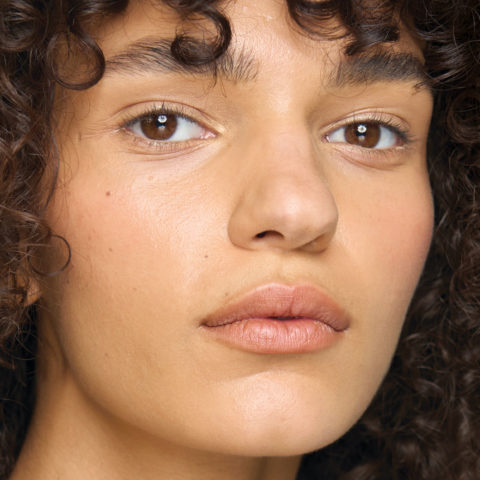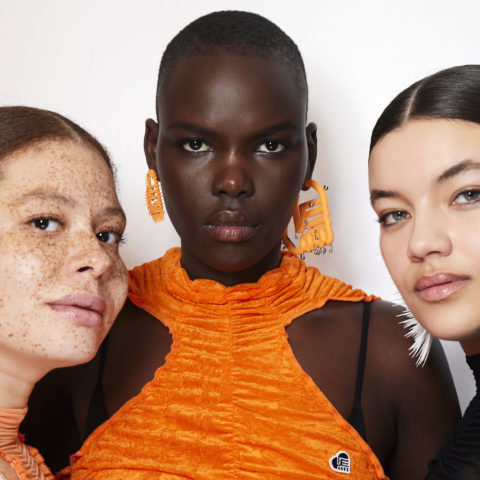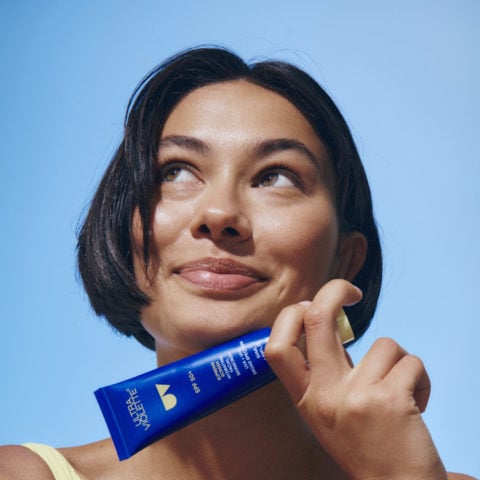Why Linda Rodin and Poppy King Are Walking Away From the Brands They Built
In spite of being the beating hearts of their beauty brands, two founders walk away to hit the reset button.
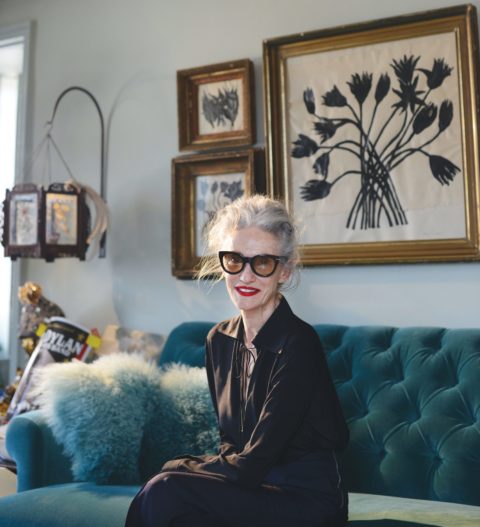
Linda Rodin
In 2007, Linda Rodin created a mixture of 11 plant oils in a coffee cup in her New York apartment. The former stylist initially created the facial oil for herself but then started bottling it and sharing it with models and makeup artists on set. Though she eventually began peddling it, taking it to small shops she hoped would sell it, she maintains there was no rush or endgame. “I call myself ‘the accidental beauty entrepreneur,’” she says. “I wasn’t building a brand. ‘Brand’ wasn’t even a word in my vocabulary. I was just making something I loved and was passionate about.”
Regardless, her oil, Olio Lusso, started to take off. Rodin’s years in fashion provided a connection at Barneys New York, which got her into the luxury department store. Olio Lusso helped kick off the facial oil trend, but even as her brand grew, Rodin always planned to keep the line finite, with no more than 15 to 20 items. “My theory is that you can’t be all things to all people,” she explains. “I only made what I was passionate about or would use myself.”
“I wasn’t building a brand. ‘Brand’ wasn’t even a word in my vocabulary. I was just making something I loved and was passionate about.”
But it wasn’t just Rodin’s products that caught people’s attention. Her eclectic style—long silver hair, bright lips and bold tinted glasses—and her age gave her a distinct look as a beauty product founder. Fashion companies even cast her in some of their campaigns. This, combined with Rodin’s candour and obliviousness to trends, made authenticity part of her brand way before it became the buzzword it is now—though it reflects how she’s always been. Rodin continued to bring her own perspective to her product launches, infusing them with anecdotes from her past: Her fragrance, Bis, was based on a scent memory of her mother going out on a Saturday night, her five lipsticks have a personal tale attached to each of them, are named accordingly and are the only shades she will wear, and the lavender version of her oil was inspired by her love of wearing the colour in the late 1960s rather than by the scent. So, it was a gut punch to fans of the brand when she announced this past October that she was stepping down from her role. It remains to be seen how Olio Lusso will fare without her, yet it seems impossible that it will be the same without her personal touch and creative vision.
But Rodin, who turns 70 in March, is neither running off to live in Italy (as she has often fantasized about doing) nor winding down. She has an idea and says it won’t be in beauty. “I think I did the best I could there,” she says. “I have no regrets and am deeply proud of every product.” A fashion-related project appears to be the next logical move, though Rodin remains coy about the details except to say that she’s in the early stages of something new and exciting and that she can’t make it at home. Her vagueness might also have something to do with the fact that it’s not like her to lay the groundwork for anything; she has always just put one fashionable foot in front of the other. “I’ve never had a plan in my entire life,” she says.
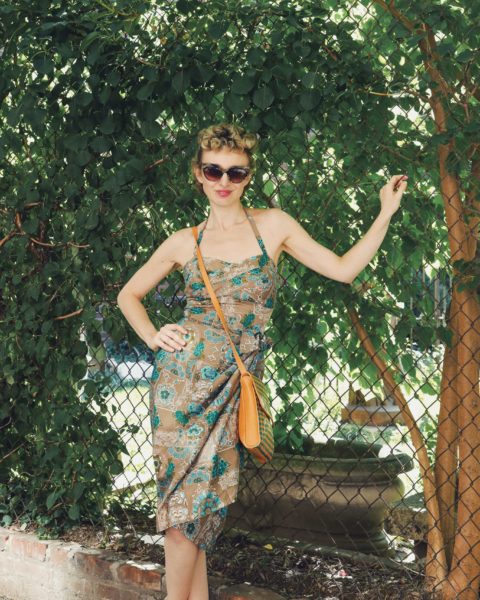
Poppy King
Poppy King launched Lipstick Queen in 2006, when she sensed that lipstick was in danger of becoming antiquated. Shimmery nude lipgloss was being worn by everyone under 40, and King, a lifelong advocate of lipstick (at the age of 18, she started a line called Poppy in her native Australia and then moved to NYC to work at Prescriptives), made it her mission to redefine it. “It was leaving the vernacular,” she says. “I wanted to make lipstick modern again, with a very vintage feel to the actual product.”
King, who has always felt that the experience of wearing lipstick is not just glamorous but intellectual, kicked off her company with 10 shades in two different intensities—five sheer (called Saint) and five matte/opaque (Sinner)—and sold them on flat cards. As the line expanded, she continued to play with the pigment levels so that she could provide options for those who are trepidatious about wearing full-on, vibrant shades. She also created lipstick colours that look strange in the packaging but transform once they are applied. “They’re like stockings for your lips,” she says about the tints they leave behind. “Hello Sailor” is blue but becomes a berry hue, “Mornin’ Sunshine” is a yellow that develops into a peachy coral and the bestselling “Frog Prince” is green but turns into a rosy pink tone depending on your pH level. “I don’t veer too far from what the body could naturally produce,” she explains.
“I’ll have conversations with someone on the subway about my lipstick. They won’t even know I’m the person who made it.”
Though King’s ideas for lipstick are forward-thinking and unconventional, she has always kept her distance from social media, an unorthodox move for any company in this day and age. Even on the brand’s accounts, it’s like she doesn’t exist. “I just don’t believe in social media and generating it about myself,” she explains. “I think that’s a form of pollution. I realize that that’s a very unpopular opinion,” she says, adding that Instagram is “a sewer of selfies.” Besides, King, who calls herself “very old school,” would rather engage in person. “I’ll have conversations with someone on the subway about my lipstick. They won’t even know I’m the person who made it.”
Those dialogues will most definitely continue even as King moves on, having resigned from her company in November. Though it feels a little unfathomable that the queen herself is leaving, it’s because she has a new idea she wants to pursue. It still involves lipstick (“The dance partners may have changed, but the dance remains the same,” she says), but it’s a concept and a business model that she felt wasn’t right for Lipstick Queen.
“It’s much more conceptual and very abstract,” she explains. “This is not about trends.” In fact, King plans on taking lipsticks out of the beauty industry and crossing over into a different genre to bring them to people in a way that has never been done before. “I might be crazy,” she says, “but we’ll find out.”

